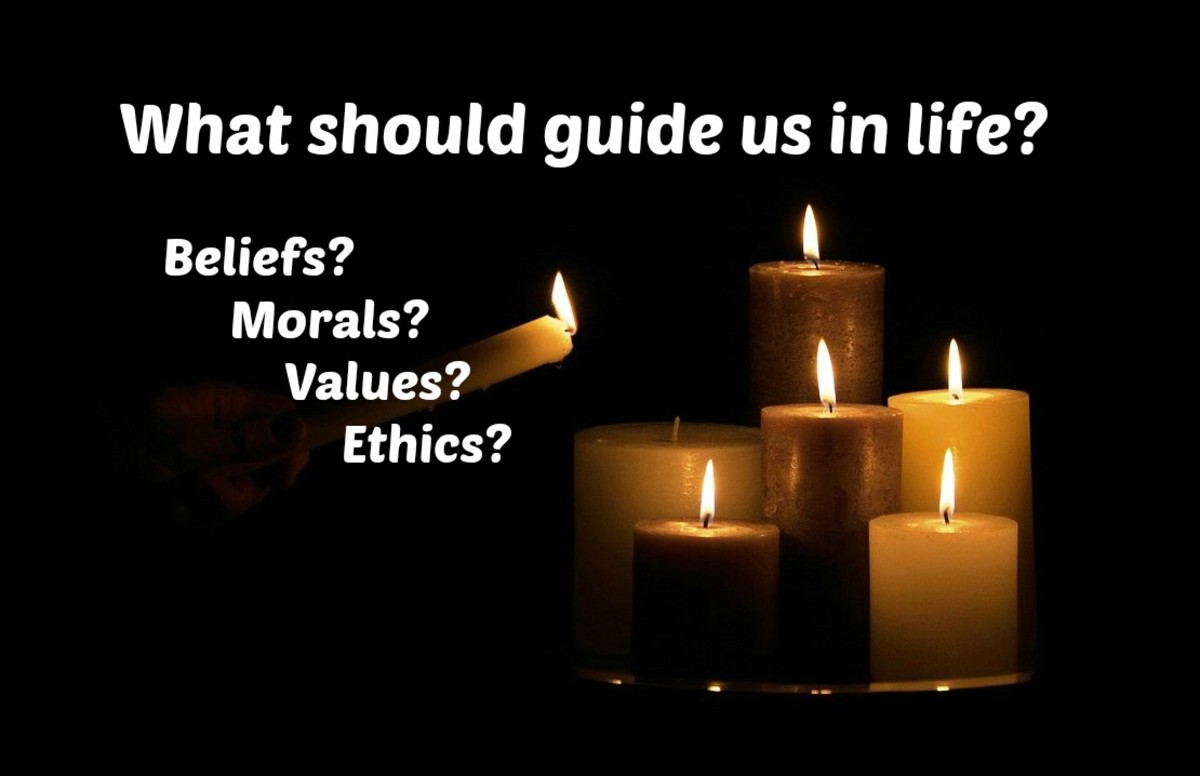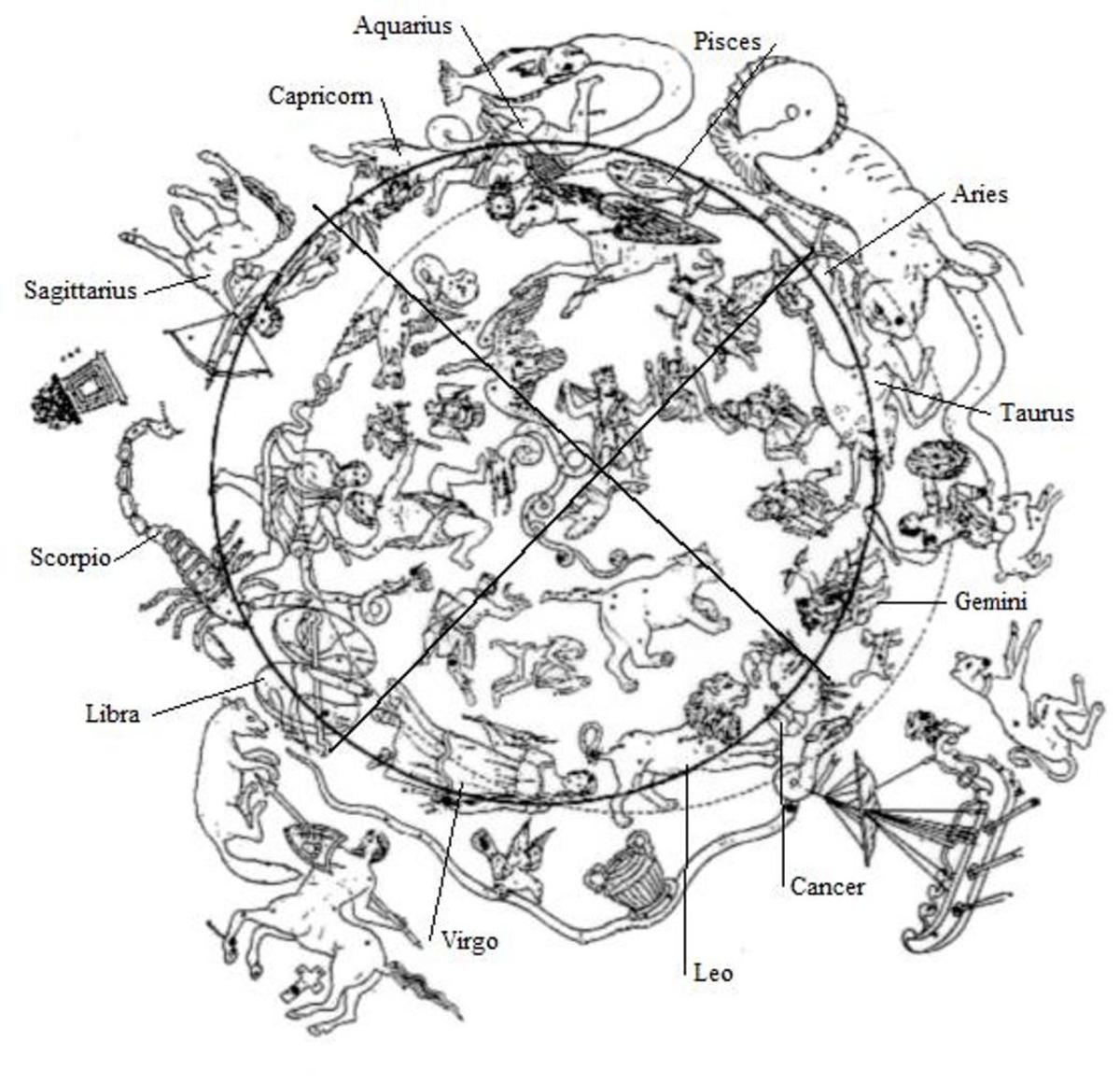Global Political Culture: World Religion
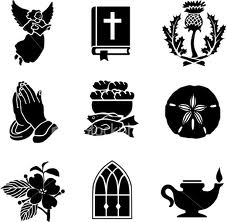

How can religion in a global aspect affect society?
Ubiquitous is defined as “existing or being everywhere at the same time.” Religion is everywhere throughout the world, in all societies in some aspect or another. Religion has been pervasive around the world, shaping how individual’s behaving in their life through the formation of beliefs, values, and morals. It is a basis for their core beliefs explaining their place in the world (meaning of life) and even in the universe.
One of the Vedic religions, Buddhism, is a great example of showing the impact on their lifestyle, character, and overall views of all aspects of life. They don’t have a belief as Christians do of religious exclusivity and those that identify with Buddhist teachings aren’t materialistic as the Western culture is. This is due to their ideas of detachment from trivial things, the importance lying in their place in the “cosmos” after reaching the “endpoint”. The ultimate goals are their merging into the cosmos after living karmic lives that cycle through reincarnation to achieve the afterlife that they desire. They show this by shedding materialistic lifestyles, by creating good karmic energy through their lives, and in letting themselves think through meditative techniques.
In Judaism, Christianity, and Islam they stress monotheistic religions. Those with one “God”. They all recognize people throughout history as “prophets” that are the epitome of their belief system. People who have lived a life or done something that emulates their beliefs. These three religions live through their doctrine and use prophets as examples of how to achieve an ideal way to live, as well as how to spread the word of their faith. The Ten Commandments given to man through the prophet Moses, who received them from “God”, provided the basis for law. It even is set in modern laws we have in our Western society today.
“Thou shall not murder/kill,” and “Thou shall not steal” are embedded into modern law. We have even instituted different levels of stealing and killing. Different punishments for the different levels of this law that was broken. Even in military law you will see this interwoven, “Thou shall not commit adultery,” and “Thou shall not covet thy neighbor’s wife” are actually in the Uniformed Code of Military Justice (UCMJ), which is simply military law. All military personnel can be charged with adultery and can be given punishment such as loss in pay grade, sometimes restriction in a barracks or base jail, or even be kicked out and dishonorably discharged if you can prove beyond doubt they committed adultery. It is a thought based religious belief that found its way into military law.
These three religions also believe that they can choose good or evil. They have what we would call “free will” and that is something given to them by “God”. In the Old Testament it states that He wouldn’t intervene again and we had free will once he destroyed mankind with the flood and saved Noah and his family. This is challenged in Behaviorist views of Psychology, as a side note, and they believe that no one has “free will” and that we are all positively or negatively reinforced to behave the way we do. That is an example of a belief that would be against religious teachings of these three.
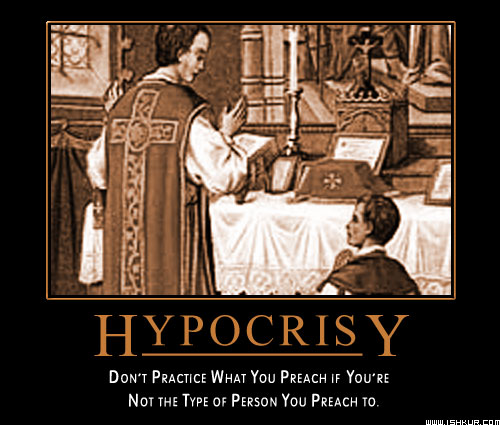
What are some negative aspects religion can have on society?
“God” also provides an unseen authority, all knowing, person that is the one to do the final judgment. People today like to state that the problem with kids today is the lack of religion and the fear of God. That they have no fear of what is going to happen to their eternal soul and thus they don’t have fear of any other authority either. They have nothing to form the basis of the expected way they are to live their life and how to treat people.
Like the Yin Yang symbol of Taoism, there is circle of unity that is created by opposites. So, where there are positive aspects of religion there are also negative aspects that create a dysfunctional aspect to society. “Dysfunctional” aspects of religion on society rely on what religious view the person has on any one topic. According to the Canadian newspaper, The Toronto Star in 1995, it was reported that Secular European Nations have lower dysfunction in their society in terms of lower murder and abortion rates when compared to the U.S. because they have more of a religion based society. Without religion you create dysfunction in a particular society. Sex before marriage, higher teen pregnancy rates, higher STD rates, and more divorces has been deemed dysfunction due to a lack of religion in our government and laws as well as our society. How can you define abortion, for example, as being dysfunction in a society? According to the Roman Catholic and Mormon Church, abortion is “illegal” or breaking in their teachings and beliefs, thus it is dysfunctional for society when it increases. How can you deem dysfunction in society and not have religion interwoven?
When discussing more ethical connotations it is important to note those “believers” who preach the doctrine of their said faith, but don’t live it in their daily life, are hypocrites. Hypocrites are a dysfunctional aspect of religion, where above was a dysfunction of society for lack of religion. There are also those that use their faith to justify their actions or judgments of others. Gay marriage is a perfect example because Romney stated that he wouldn’t ever sign off on something that crossed his desk in support of gay marriage because it is against God. He forces his belief on another by doing that and justifies it by saying it’s because of God yet turns around and even though he doesn’t believe in abortion, it is not illegal to get one.
Extreme religious-based dysfunction is a different matter entirely. The end of the world apocalyptic trend of belief has created chaos. People racking up debt they think they won’t have to pay because the Mayan calendar says the end of the world is Dec. 21, 2012. Others created a panic and stocked up on goods and services when the year 2000 rolled around because the computers would crash and we wouldn’t have anything anymore. No end of the world just chaos. You have the “Born Again Christian” hysteria because they have preached fear into people that have converted to their version of Christianity so they aren’t the ones “Left Behind”
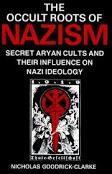
What are some extreme examples of religion going to far?
The most extreme situation, where religion or teachings of the same would be most negative is Adolf Hitler. You can compare Hitler to Jesus Christ, except Hitler didn't claim any divinity. He was a man who was a powerful speaker and had a gift with words, like Jesus. They were both living and breathing men who had an “agenda”. They both have books that detail their beliefs and core values and expectations of what should happen. Jesus has the Bible and Hitler “Mien Kampf”. Jesus mesmerized people and gained followers just as Hitler did. Jesus created a teaching and way of life to enhance people and Hitler did so and murdered 6 million Jews and anyone that didn’t agree with him. Not so different yet shows exactly what I am talking about. When religion is used to further one’s own agenda, when it’s taken too literal, when its used to justify one’s actions and when it’s used to control another it is dangerous. Today, you see in the election, for example, people thinking that Romney or Obama will be the third Anti-Christ!f
Last point is to show how the Muslims have suffered because their faith that doesn’t condone what occurred on September 11 and are now more hated and misunderstood in the United States because they are all viewed to be terrorists. Those men who flew our planes into our own buildings hate what American’s stand for and they used their Koran to justify the violence they inflicted upon us. They have tried to push their views and beliefs on us through hate and violent actions and done nothing to further anyone’s life but add fear and hate and make it hard for them to trust another religion that has no basis to support their actions.
In the end it comes down to anything in moderation is a good thing to have that enhances your life in a healthy and positive way. It is not to be taken too literal for there are many things we don’t understand. Tolerance is needed to appreciate and accept that every faith has the same goal, to enhance our lives for the end. That after-life the religions preach about. It’s about making good choices. It shouldn't be forced on another human being. It shouldn’t be forced up on others through the power of government. It shouldn't be used to create fear in the case of Hitler, so he can have power and control. Religion loses its intended purpose if other people that follow the religion aren't careful. To say no religion would be better is not accurate, we all need hope and faith in our life and it creates a reason to live a good life that is about helping not hurting, people. We need to have something to hang on to when life gets hard. We don’t need someone creating a cult using religious doctrine than making them drink the koolaide that is laced with a poison that kills the congregation off, or one that allows one man to sexually assault and molest dozens of girls because he has taken 20 wives and half of them are minors. Religion is sacred to some extent and ideally should remain that way.






